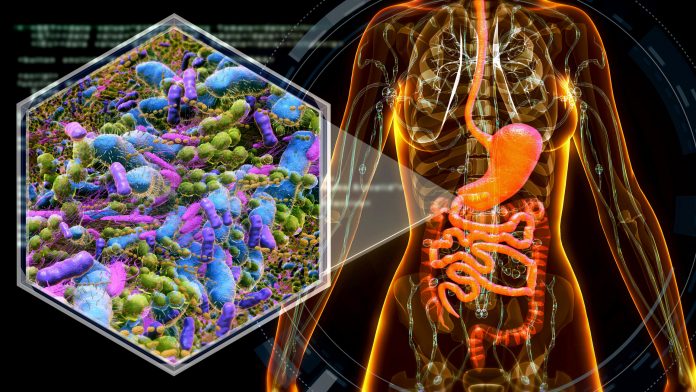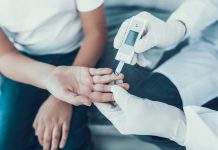A newly developed certified reference material hopes to improve the accuracy of medical tests used worldwide across laboratories and help in the detection and diagnosis of coeliac disease
Created by the European Commission’s Joint Research Centre (JRC), this new control material offers a universal benchmark for detecting coeliac disease, affecting around 1% of the European population.
Addressing the diagnostic challenge
Coeliac disease is an autoimmune condition triggered by the consumption of gluten in genetically predisposed individuals. It causes an immune response that damages the small intestine’s lining, impairing nutrient absorption and leading to various health issues.
Diagnosing coeliac disease typically relies on detecting specific antibodies in the blood, such as anti-tissue transglutaminase (anti-tTG) antibodies.
While these tests are widely available, inconsistent results across different laboratories have seriously challenged accurate and timely diagnosis. Without harmonised testing, patients may face incorrect diagnoses or delayed treatment, impacting their health and quality of life.
A universal reference for testing
To overcome these inconsistencies, the JRC has launched a certified reference material (CRM) designed to improve coeliac disease test comparability. This CRM acts as a control or standard against which lab tests can be calibrated, helping ensure consistent results no matter where or how the tests are performed.
Developed in collaboration with the UK’s Medicines and Healthcare products Regulatory Agency, a World Health Organization (WHO) collaborating centre, the new material is split into two parts: one designated as the first-ever WHO international standard for anti-tTG antibodies, and the other distributed by the JRC as a CRM.
The key strength of this new material lies in its universal properties, making it compatible with different testing methods and laboratory setups across the globe. It provides a common reference point that enables laboratories to produce more accurate and reliable test results.
Supporting accurate gluten-free labelling
In addition to medical testing, the JRC’s work extends to food safety, particularly the accurate labelling of gluten-free products, which is vital for people with coeliac disease. According to EU regulations, products containing less than 20 milligrams of gluten per kilogram can be labelled gluten-free. However, recent studies have highlighted risks in this area, particularly with gluten-reduced barley beers.
JRC scientists found that current testing methods for gluten in beer may be insufficient due to the complexity of degraded gluten proteins and the lack of standard reference materials. These limitations could compromise consumer safety.
To address these challenges, the JRC calls for more research into how degraded gluten proteins affect individuals with coeliac disease. They also advocate for developing better analytical techniques and standardised production processes, as well as creating new reference materials to ensure gluten-free products are truly safe for consumption.
Autoimmune disease testing
The initiative to improve coeliac disease diagnostics is part of a bigger effort to improve testing for autoimmune disorders, which collectively affect between 5% and 10% of the European population. The International Federation of Clinical Chemistry and Laboratory Medicine has identified coeliac disease as a key priority for standardisation.
With this new certified reference material, the JRC continues its plans to enhance clinical measurement accuracy and support better healthcare outcomes.








